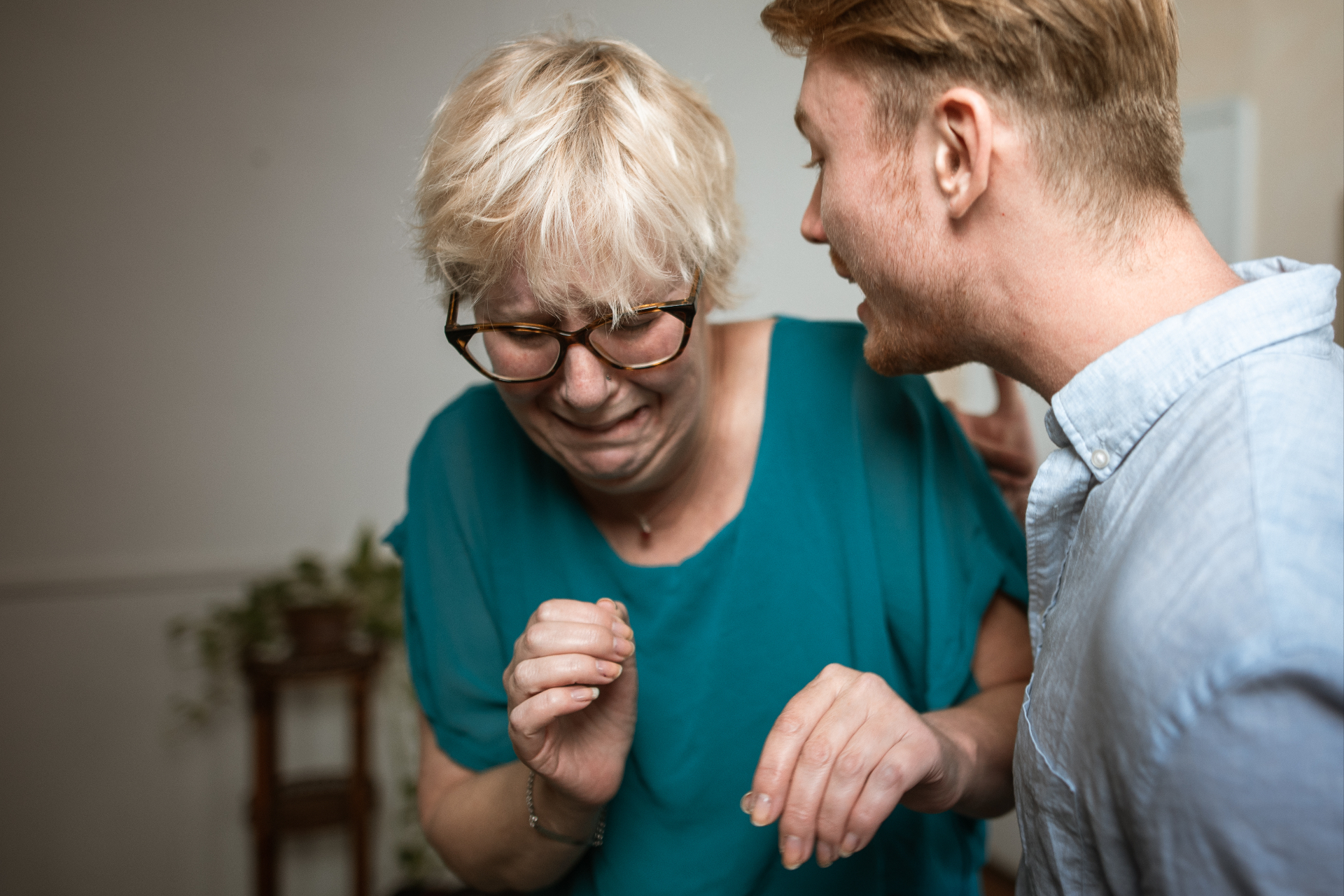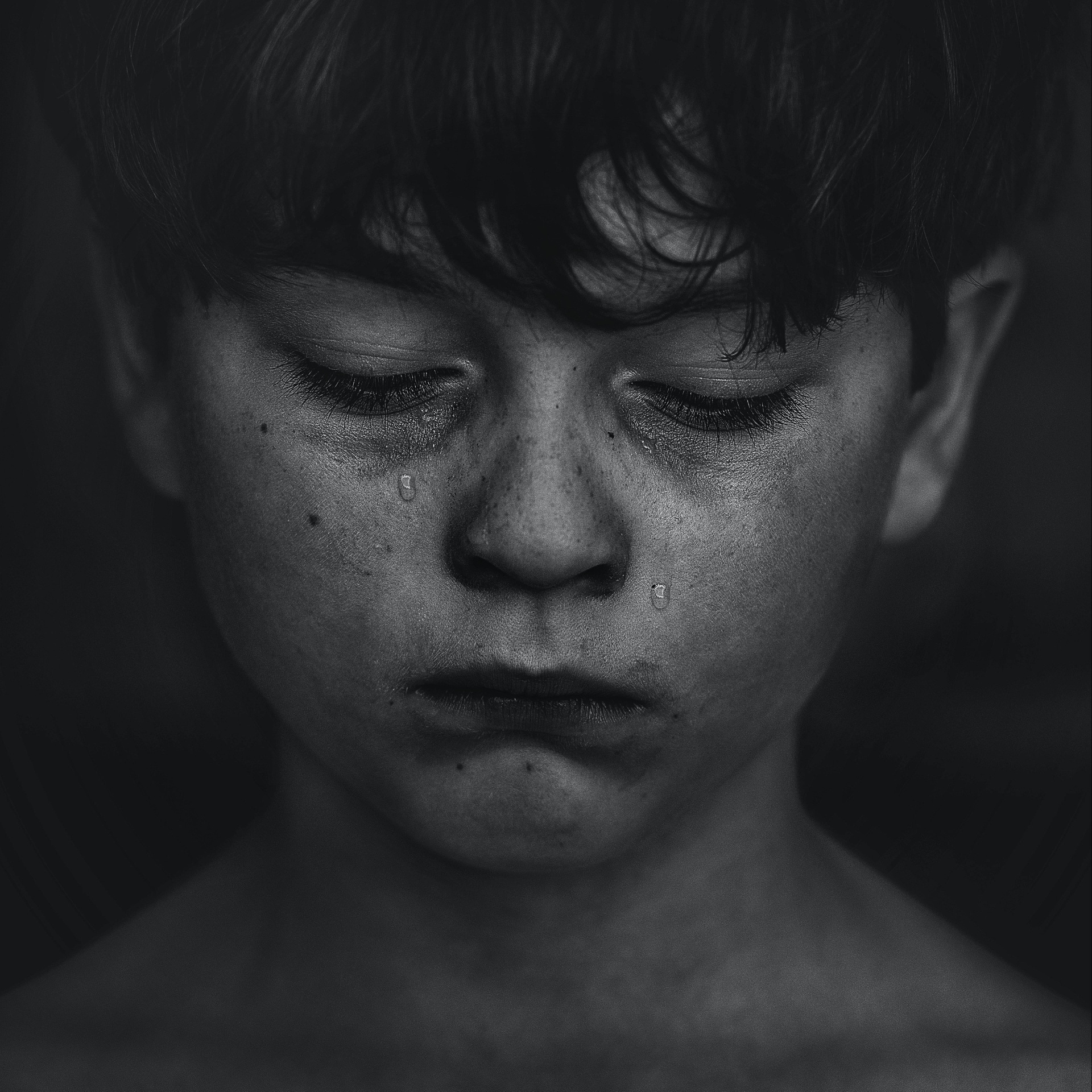Why is a VAWA/Domestic Abuse Immigration Evaluation Crucial for Survivors?
 Partner and domestic abuse is a serious issue affecting millions worldwide. Survivors of domestic violence face numerous challenges,
Partner and domestic abuse is a serious issue affecting millions worldwide. Survivors of domestic violence face numerous challenges,  including emotional trauma, physical harm, and financial instability.
including emotional trauma, physical harm, and financial instability.
For those who are immigrants, the situation becomes even more complex. Many survivors are afraid to report their abuse for fear of deportation, while others may not know the legal protections available  to them.
to them.
This is where a VAWA/Domestic Abuse Immigration Evaluation comes in. This evaluation is crucial for survivors seeking legal status in the United States. It provides a comprehensive assessment of the abuse the survivor has experienced, including physical, emotional, and financial abuse.
Not seeking a VAWA evaluation could potentially leave survivors without the legal protections and support they need and could even put them at risk of deportation.
Understanding the Significance of VAWA/Domestic Abuse Immigration Evaluation
A VAWA/Domestic Abuse Immigration Evaluation is a comprehensive assessment of the abuse a survivor has experienced. It is a necessary step for survivors who are seeking to obtain legal status in the United States.
This evaluation can help survivors validate that they have experienced abuse at the hands of their partner and can help them apply for legal status under the Violence Against Women Act (VAWA).
This evaluation can also give the survivors a sense of validation and empowerment, as it acknowledges the abuse they have experienced and helps them take control of their lives.
Find a qualified mental health provider to do your VAWA evaluation. Our Evaluator, Claudia Olave-Guillermo, MA, MSSW, LCSW-R, has 27 years of experience treating abuse victims.
The process of VAWA/Domestic Abuse Immigration Evaluation
Obtaining a VAWA/Domestic Abuse Immigration Evaluation typically involves several steps.
The first step is to find a qualified evaluator with experience assessing domestic violence survivors. The evaluator will play a crucial role in determining the survivor’s history of physical, emotional, and financial abuse and will guide you through the process, ensuring that all necessary information is collected and documented. Our Evaluator, Claudia Olave-Guillermo, MA, MSSW, LCSW-R, has 27 years of experience treating abuse victims.
Once the evaluation is complete, the evaluator will provide a report summarizing the survivor’s history of abuse and the impact the abuse has had on the person’s overall mental health. This report will be reviewed by the client and by the lawyer, if any.
This report is essential to the application process. It can help survivors obtain legal status under VAWA since the immigration official will learn about the trauma you have gone through from a licensed mental health professional. Click here to learn about our evaluation process.
Benefits of VAWA/Partner Abuse Immigration Evaluation
There are many benefits to obtaining a VAWA/Domestic Abuse Immigration Evaluation.
First and foremost, this evaluation can help survivors obtain legal status in the United States. This can give survivors a sense of security and stability and help them rebuild their lives.
It also provides a comprehensive assessment of the abuse the survivor has experienced, validating their experience and allowing them to heal.
The outcome of the evaluation can significantly impact your legal status, potentially leading to a path to citizenship or permanent residency.
Common Misconceptions about VAWA/Domestic Abuse Immigration Evaluation
 There are many misconceptions about VAWA/Domestic Abuse Immigration Evaluation.
There are many misconceptions about VAWA/Domestic Abuse Immigration Evaluation.
One of the most common misconceptions is that survivors must have reported their abuse to the police to qualify for legal status. This is not true. Survivors can qualify for legal status under VAWA even if they have not reported their abuse to the police.
Another common misconception is that survivors must be married to their abuser to qualify for legal status. This is also not true. Survivors like children and parents can qualify for legal status under VAWA. https://www.uscis.gov/policy-manual/volume-3-part-d-chapter-1
Rest assured, these misconceptions should not deter you from seeking the help you need.
How do you prepare for a VAWA/Domestic Abuse Immigration Evaluation?
Preparing for a VAWA/Domestic Abuse Immigration Evaluation can be a daunting task, but it is essential to take the time to prepare appropriately. The first step is to find a qualified evaluator with experience assessing domestic violence survivors. The evaluator will be able to guide you through the process and provide you with the support you need to prepare for the evaluation. It is also important to gather any evidence of the abuse you have experienced. This can include police reports, medical records, and statements from witnesses, which can be crucial in supporting your case.
Finding the right evaluator for VAWA/Domestic Abuse Immigration Evaluation
Finding the right evaluator for a VAWA/Domestic Abuse Immigration Evaluation is essential. Therefore, it is essential to look for an evaluator with experience assessing survivors of domestic violence and who is familiar with the requirements for legal status under VAWA. Our Evaluator, Claudia Olave-Guillermo, MA, MSSW, LCSW-R, has 27 years of experience treating abuse victims.
You can start by asking for recommendations from domestic violence organizations, legal advocates, and other professionals who work with survivors of domestic violence. You can also search online for qualified evaluators in your area.
VAWA/Domestic Abuse Immigration Evaluation vs. Other Types of immigration evaluations
There are several types of immigration evaluations, including asylum evaluations, extreme hardship evaluations, and VAWA/Domestic Abuse Immigration Evaluations. While all these evaluations are essential, VAWA/Partner Abuse Immigration Evaluations are unique in focusing specifically on domestic violence survivors.
VAWA/Domestic Abuse Immigration Evaluations provide a comprehensive assessment of the abuse the survivor has experienced, including physical, emotional, and financial abuse. They also provide evidence to support the survivor’s application for legal status under VAWA.
Why is VAWA/Domestic Abuse Immigration Evaluation Crucial for Survivors?
 A VAWA/Domestic Abuse Immigration Evaluation is crucial for survivors seeking legal status in the United States.
A VAWA/Domestic Abuse Immigration Evaluation is crucial for survivors seeking legal status in the United States.
It provides a comprehensive assessment of the abuse the survivor has experienced, including physical, emotional, and  financial abuse.
financial abuse.
This evaluation can help survivors obtain legal status under VAWA and support them to rebuild their lives and move forward.
If you or someone you know is a survivor of domestic violence, it is essential to seek help and support. Rest assured, many resources are available, including domestic violence organizations, legal advocates, and qualified evaluators who can help survivors navigate the legal system and obtain the support they need to heal from the abuse they have experienced. You are not alone in this journey, and there are people ready to support you every step of the way.

